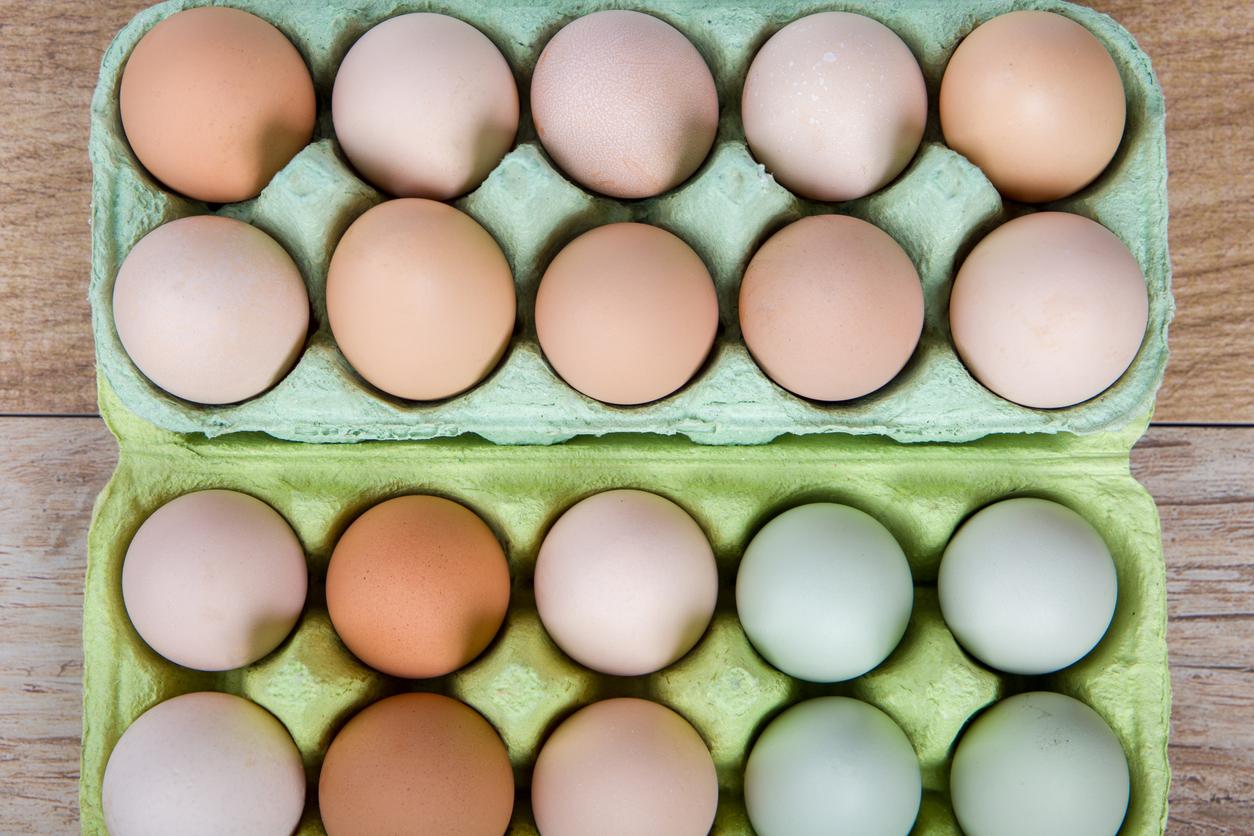It has been known for 2,000 years in China, but France now produces nearly 70,000 tons of “kivi-kivi” every year!
Full of vitamin C
Main advantage of its green pulp, the vitamin C ! This is present in large quantities (more than in citrus fruits), since 100 g of kiwi (a whole fruit) contains a little more than 90 mg, i.e. almost 100% of the recommended nutritional intake: with a single fruit, we is therefore almost full of this precious antioxidant vitamin which fights against infections (especially respiratory), participates in the process of energy production and keeps fatigue and aging away. Big advantage, the level of this vitamin remains fairly stable over time, because its skin acts as a barrier against the oxygen in the air. Question vitamins, its tiny little black seeds also contain vitamin E, a very rare fact in plants, with the exception of oilseeds and the lawyer. Vitamin C is present in several forms, one of them having even been discovered very recently, it is contained almost exclusively in the skin of the fruit. Finally, it is recommended for athletes, as it is rich in sugars but not too much, tonic and thirst-quenching, and for those watching their weight, as it is satiating without being too high in calories.
A protective fruit of the heart
The association of its fibers and its polyphenols exerts a beneficial action on the system cardiovascular (at the rate of two or three fruits a day for a month), in particular by reducing platelet aggregation by 18%, responsible for the formation of blood clots and therefore thrombosis, and by reducing their triglyceride levels by 15%. More recently, the kiwi has also shown a rather astonishing protective effect on DNA: a team of researchers subjected the DNA of volunteers, whose diet was controlled, to a destructive agent – peroxide – and found that of kiwi eaters repaired itself, with a lasting effect for at least 24 hours. The fruit could therefore become a new means of combating Cancer, but also lifestyle-related diseases, in people at risk.
A good digestive boost
Feeling of having eaten too much, of being bloated and having trouble digesting after excessive feasting? The kiwi can help you: New Zealand researchers have indeed shown in a study published in 2013 that it contains an enzyme, actinidin, the presence of which promotes and accelerates the digestion of animal proteins from the meat, from fish and dairy products. It would even be largely as effective as digestive enzymes! Thus the kiwi relieves not only the painful effects of a digestion heavy but also accelerates gastric emptying and therefore reduces the discomfort of a too full and tense belly. On a daily basis, it could also be an effective ally against constipation: In a group of patients over the age of 60 suffering from recurrent constipation, the consumption of two to three kiwi fruits a day markedly improved the problem, to the point that doctors can recommend it as a 100% natural treatment.
Its health benefits
• He gives the peach. Its richness in vitamin C antioxidant makes it an excellent fruit of the form, effective in fighting against infections, including respiratory ones, to chase away fatigue and fight against aging.
• Good for the heart, it decreases platelet aggregation, reduces triglyceride levels and repairs DNA, which could give it a protective effect against cancer.
His CV 58.5 Cal/100g (of raw kiwi pulp) • Fat 0.95g • Carbohydrates 8.44g • Protein 1.2g • Fiber 3.5g
Read also:
Focus on kiwi, a mine of vitamin C
Vitamin recipes with kiwi
Irresistible Yellow Kiwi Recipes

















